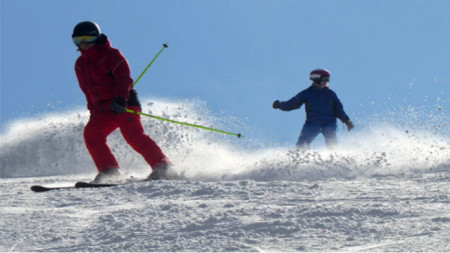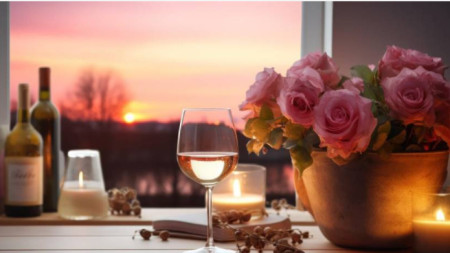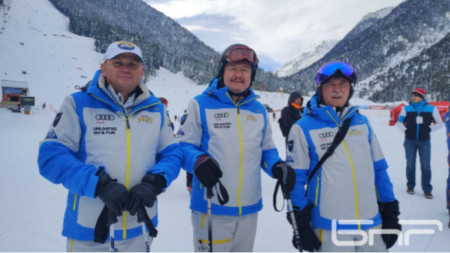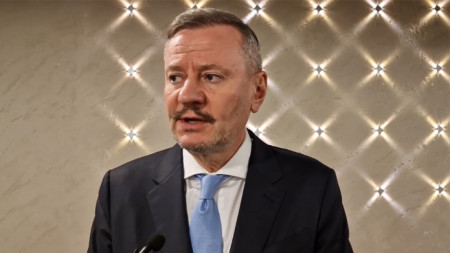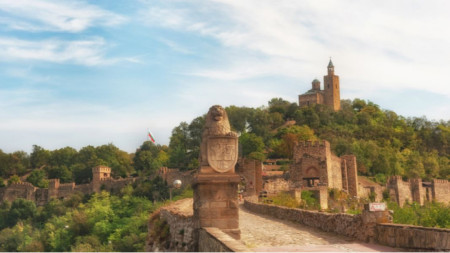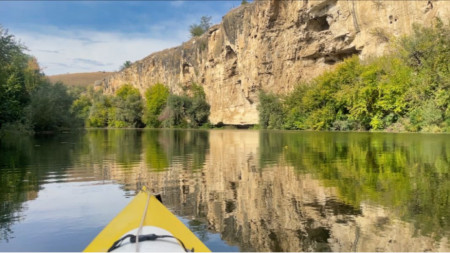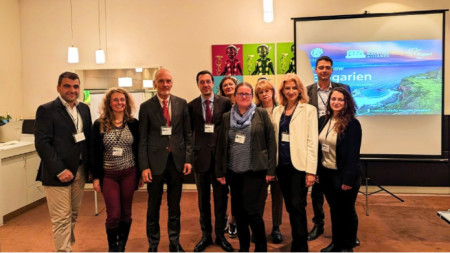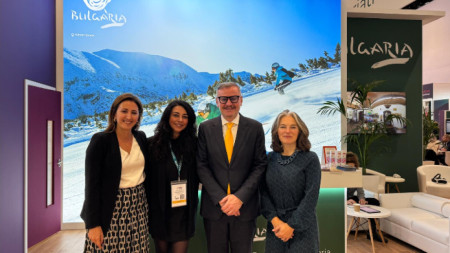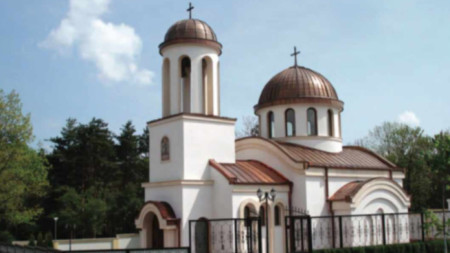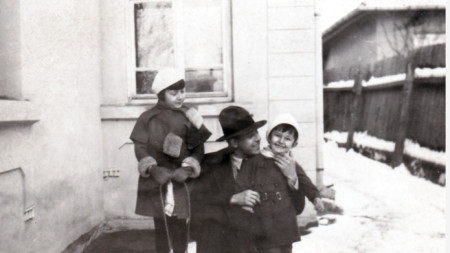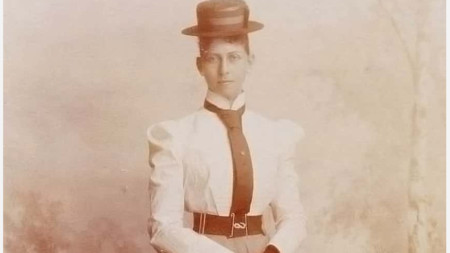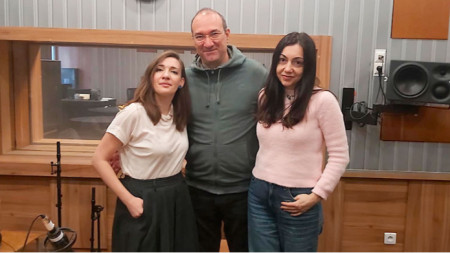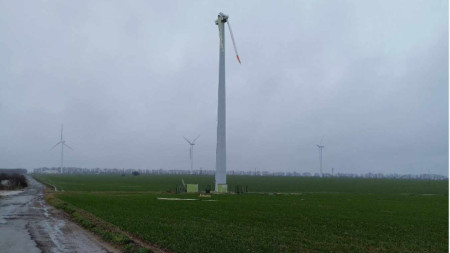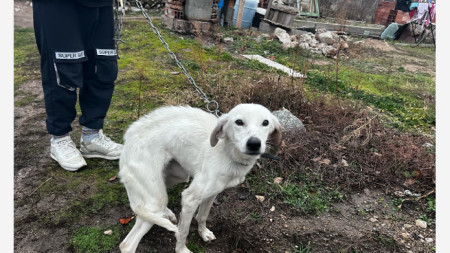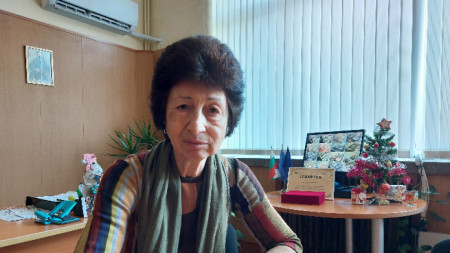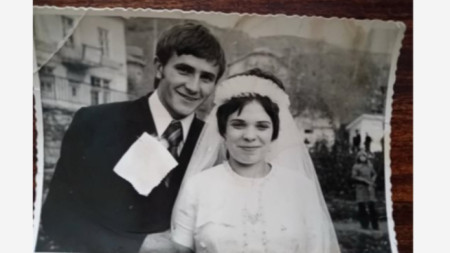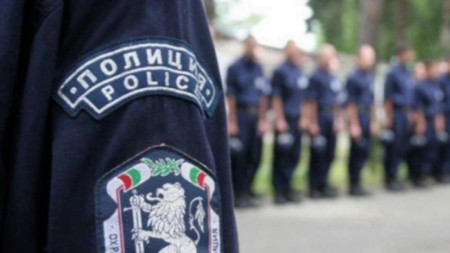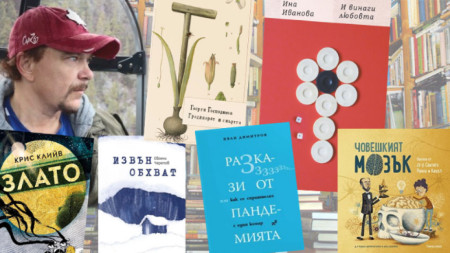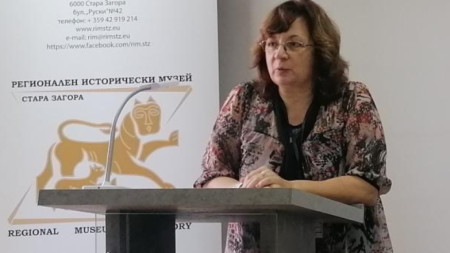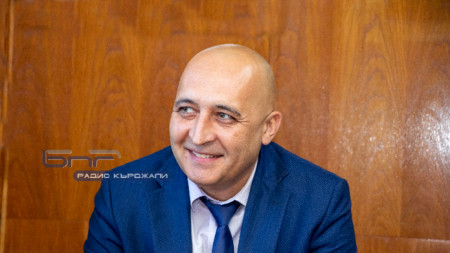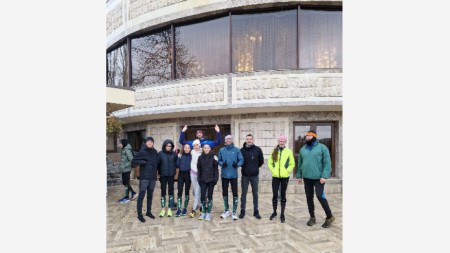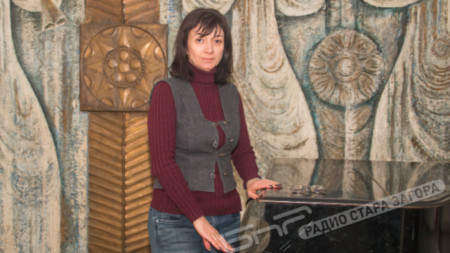Veliko Tarnovo – a town both ancient and young
Many foreigners settle in the area of Bulgaria's medieval capital, attracted by its unique blend of nature and history
публикувано на 11.11.24 в 15:20
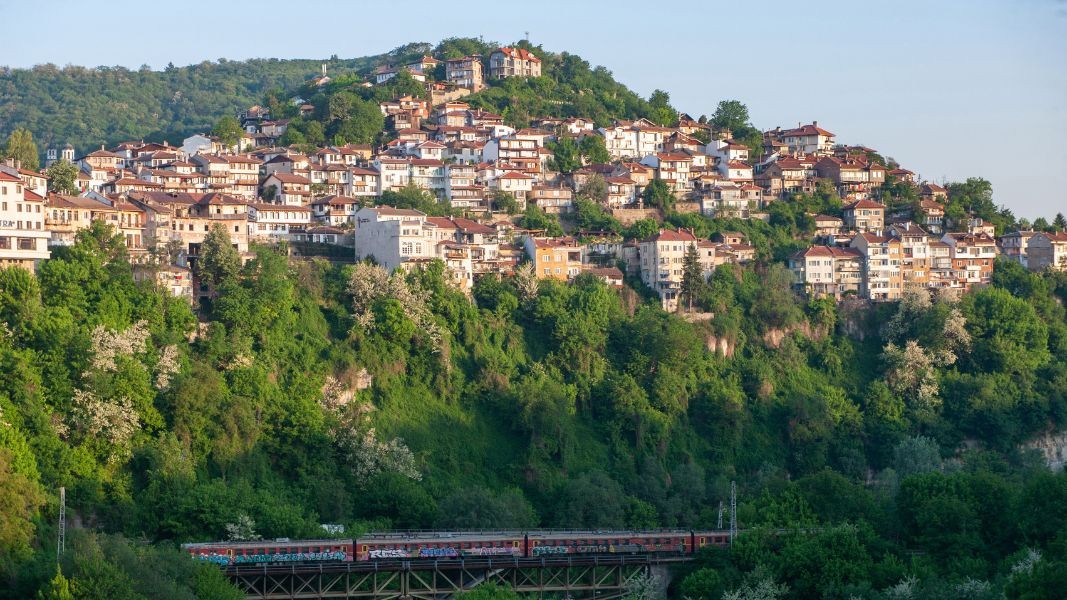
Veliko Tarnovo is the town with the biggest number of cultural and historical landmarks in Bulgaria. Every Bulgarian feels a sense of pride upon setting foot in the medieval Bulgarian capital while foreigners are fascinated by its architecture, preserved spirit, and remarkable natural features. Unlike other towns, where people go to escape everyday life, Veliko Tarnovo is a true haven of patriotism and Bulgarian history.
Its main streets leads visitors to the medieval fortress of Tsarevets, with its thick walls and majestic towers, enhancing the stunning view of the Yantra River.
Veliko Tarnovo is also home to the hall where Bulgaria's Constituent Assembly gathered in 1879 – the first National Assembly after the country’s liberation from Ottoman rule Here stands the Forty Holy Martyrs Church, a masterpiece of medieval architecture, with the famous column of Khan Omurtag (dating to the 9th century), bearing the famous inscription: "A man, even if he lives well, dies and another is born. Let the one born later, seeing this inscription, remember the one who made it."
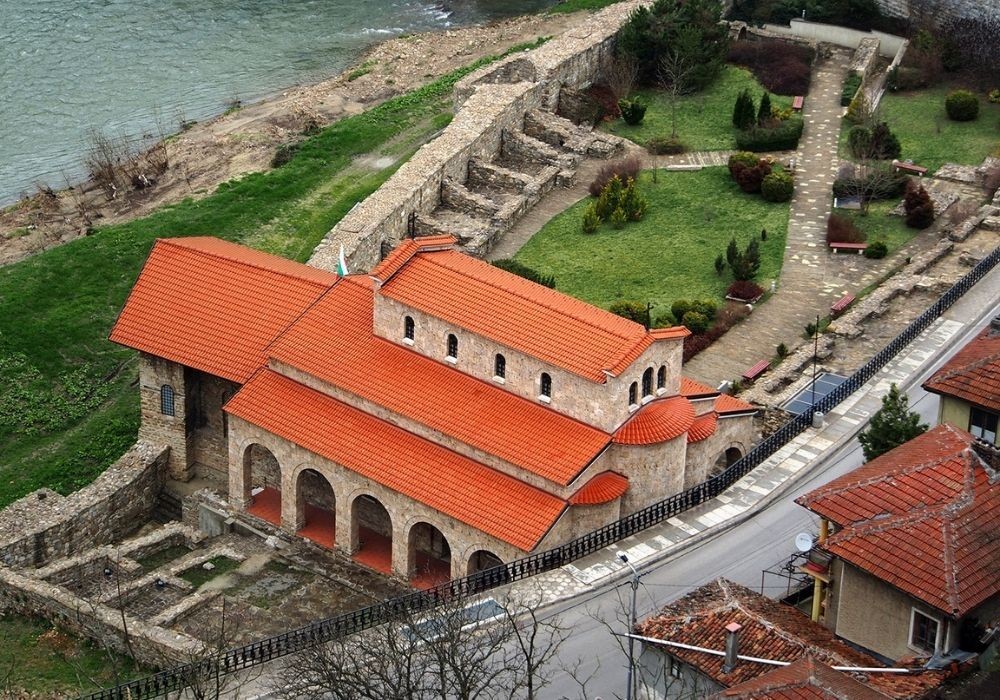
Many Bulgarian relics are preserved in the old capital Tarnovo. Throughout the year, Bulgarian tourists compete with foreigners in their interest in this town. "Recently, there have been many American tourists – they come via cruises on the Danube River. There are tourists from all over Europe, with a notable presence from Spain," says Neyko Genchev, deputy mayor of Veliko Tarnovo, in an interview for Radio Bulgaria. He quickly clarifies that the significant tourist flow is also due to the municipal tourism agency "Tsarevgrad Tarnovo," which actively promotes the town at international exhibitions.
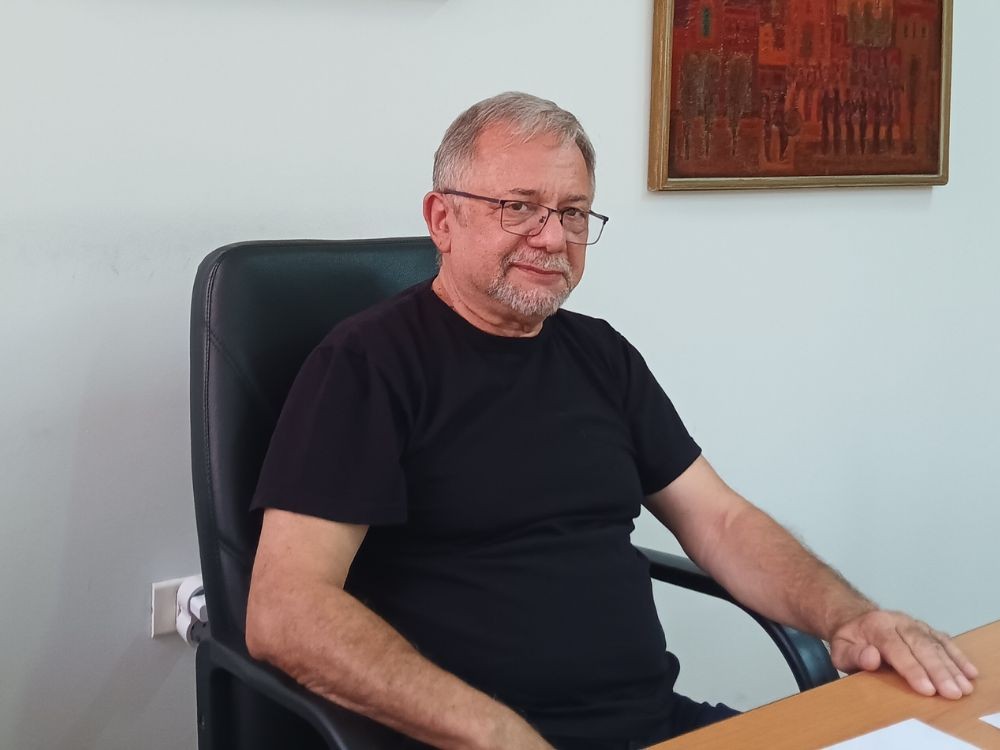
"During major holidays and festivals, it is impossible to find accommodation in Veliko Tarnovo unless you book several weeks in advance. At such times, people look for places as far as Gabrovo (45 km away). Last year, we nearly reached pre-pandemic levels – visitor numbers at tourist sites exceeded 410,000, and this year they are likely to reach almost 500,000. Organized tourist groups have increased by 46% compared to the previous year. Traditionally, the Tsarevets fortress is the most visited tourist site in Bulgaria. For all Bulgarians, it embodies the Bulgarian statehood and spirit."
Veliko Tarnovo boasts the largest open-air museum complex on the Balkan Peninsula, including the Tsarevets fortress and the remnants of the medieval settlement of Trapezitsa, both architectural and museum reserves. The town also has four church museums in the Asenova quarter and Shismanovata banya quarter. Among the 750 local cultural monuments, 160 hold national and global significance.
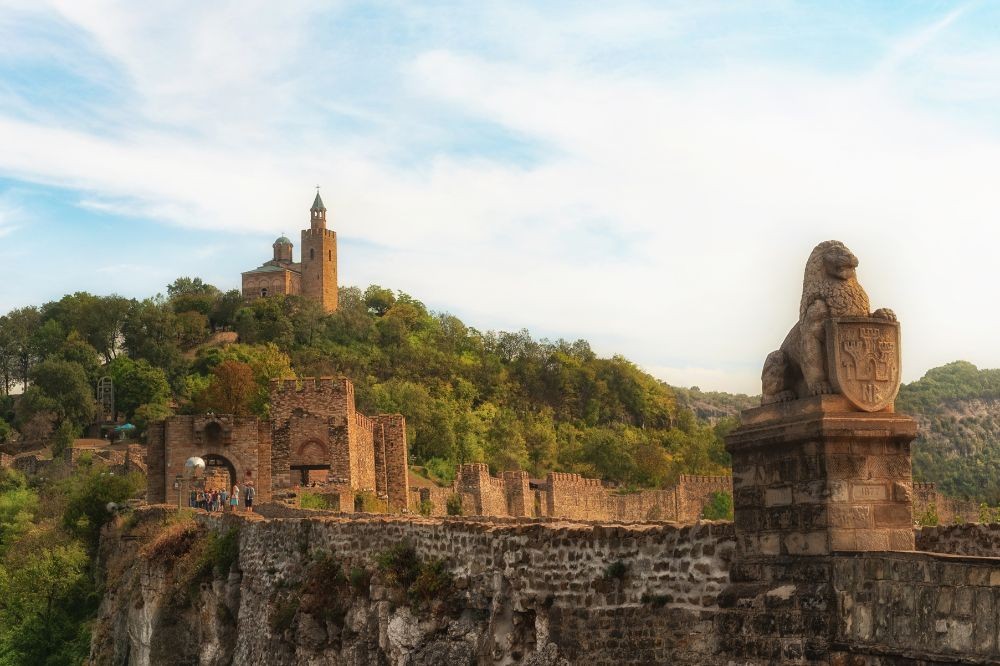
Managing so many important historical monuments requires hard work and visionary investments. The proof that the municipality is succeeding is the significant number of tourists and the 2019 title of Historical and Spiritual Capital of Bulgaria bestowed to Veliko Tarnovo.
"Veliko Tarnovo is a small municipality in terms of area and population, and this title provides opportunities to seek legislative changes that reflect the town's unique status as a tourist attraction, historical center, and symbol of the Bulgarian spirit," says Neiko Genchev, giving an example:
"Through the Regions in Growth program, we undertook a major renovation of the Constituent Assembly Museum, a pivotal landmark in our country’s history. Now open year-round, the museum serves as both a museum and a venue for significant public events. During holidays, the unique Sound and Light audiovisual show, which runs throughout the seasons, further captivates tourists.
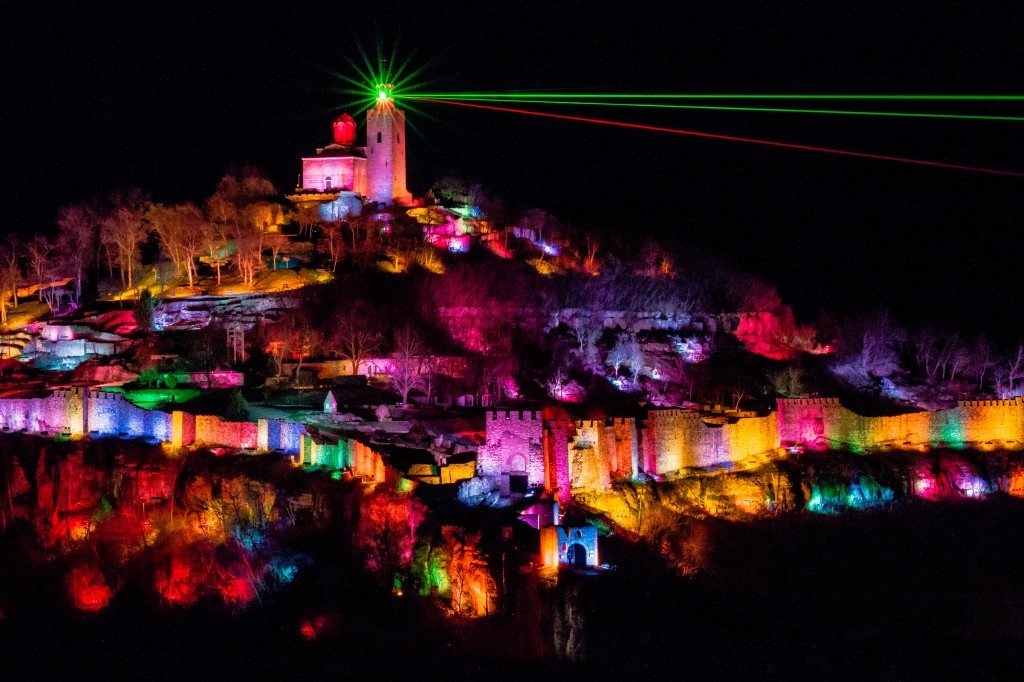
Though the show is only about 25 minutes long, it is so moving that you can see Chinese and Japanese visitors get emotional and even shed tears. We’re now working on preparing an entirely new show since this one was first created in the 1960s by the great director Valo Radev, with a Czech studio as its producer. They initially guaranteed it would run for 15 years, and yet it has lasted far longer. We strive to maintain it, but our technical resources are diminishing as the lighting elements and other materials have long been worn out. The Municipal Tourist Agency maintains everything, but government support would be invaluable in modernizing Veliko Tarnovo’s sound and light show. There is no comparable spectacle anywhere in Europe."
No fewer than 1,000 open-air events take place each year in this town, earning Veliko Tarnovo another special distinction – the Seal of the European Festivals Association. "Only elite festival towns in Europe receive this recognition," says Neyko Genchev with pride:
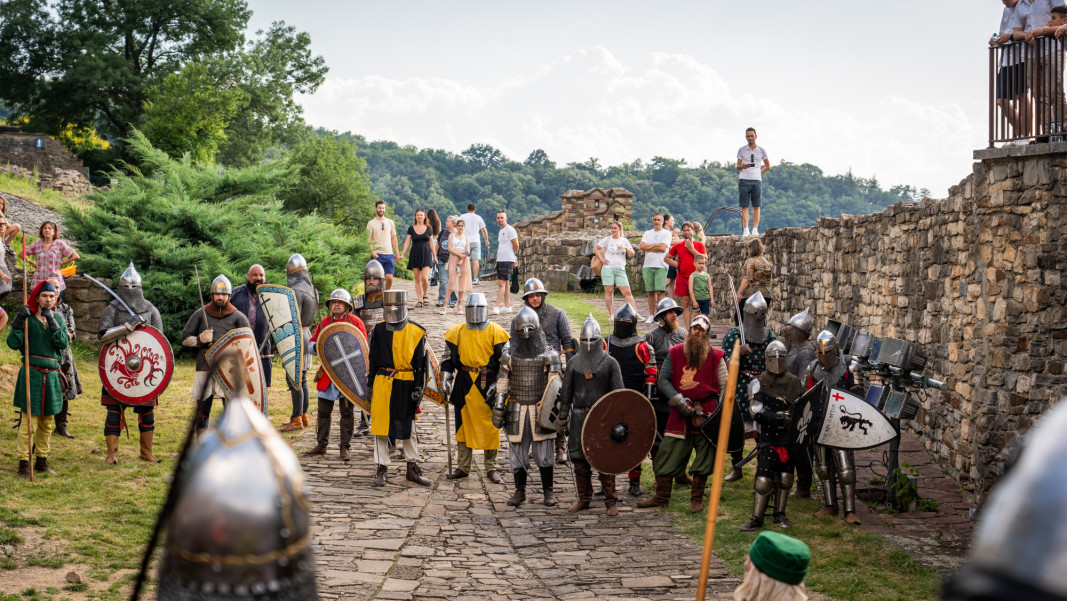
"It also opens many opportunities and is due to the interesting festivals we host. For example, the Medieval Festival on Tsarevets Hill, "Stage of the Ages" – the oldest outdoor opera festival in Bulgaria, and Arbanassi Summer Music, where musicians from abroad perform in the medieval church in Arbanassi".
For young people, there has been the 48 Hours Varusha South festival for the past three years, held in the old town. Many young people who returned from abroad live in the Varusha South neighborhood, buying and restoring properties themselves, explains Neyko Genchev:
"But the most important thing is that they live as a community, inspiring everyone around them. About 15,000 people attend this festival, where we close our only main street, turning the whole town into a stage for three days in the midst of summer. Performers and artists from various backgrounds gather, offering workshops and performances on six open-air stages."
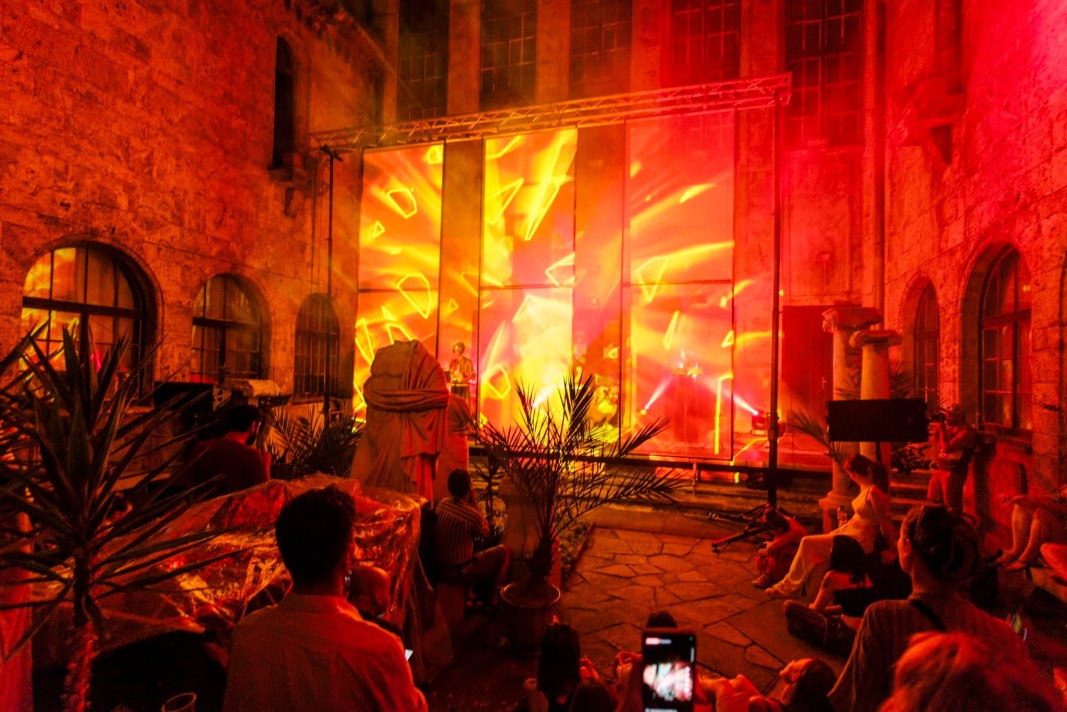
What better proof of Veliko Tarnovo’s charm than the foreigners who, after their first visit, decide to settle down and start a new life in the area? The largest group consists of English citizens who buy houses in the nearby villages.
"To my knowledge, about 25 English families have settled in the village of Resen, and there are also many in the village of Hotnitsa," says Neyko Genchev, a witness to the wave of "new neighbours":
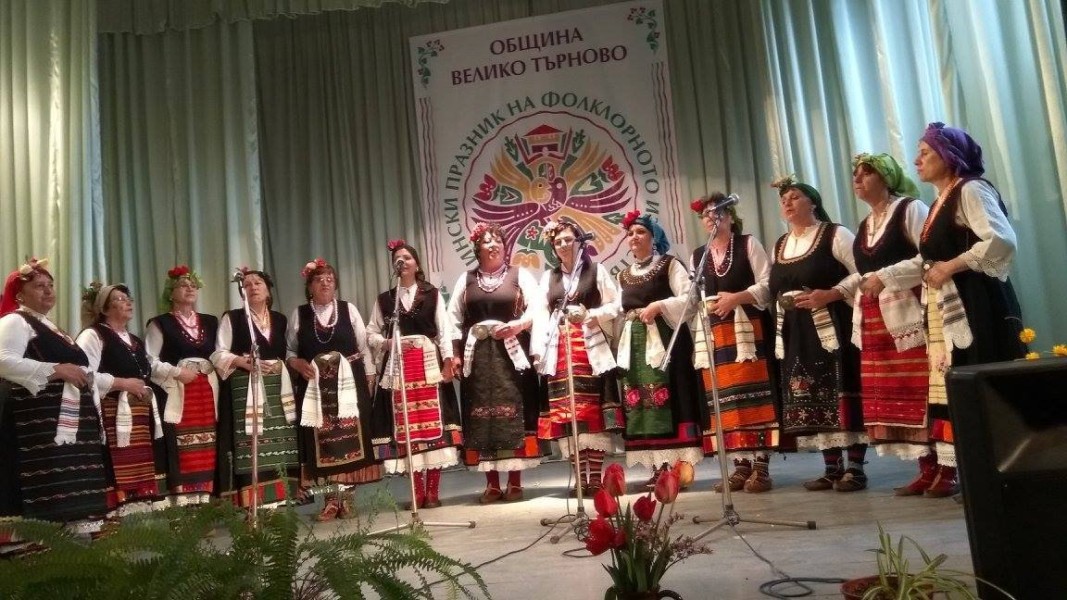
"They organize interesting events that local residents also join. One group, known as the "Hotnitsa Grannies", consists only of English women who perform authentic Bulgarian folk songs. For instance, they host a wonderful Christmas festival in Resen, complete with traditional Christmas carols. They involve local children and residents, creating a shared celebration. They also organize a ‘Boot Market,’ or a car boot sale, offering household items like furniture, paintings, books, and more, with the proceeds donated to orphanages and charitable causes. This forms a beautiful symbiosis between foreigners and Bulgarians, and these people have become our friends and part of the community. They contribute to our municipality, making life more colourful and interesting. And they share that they feel wonderful here. I even have a house in one of the nearby villages, and two of my neighbours are English. Both have raised the Bulgarian flag on their homes, and recently, one of thе wives told me that each morning she thanks God for bringing her to this wonderful place."
Read also:
Photos: Veliko Tarnovo Regional History Museum, Gergana Mancheva, Reuters, soundandlight.bg, Facebook/International Festival of Medieval Tarnovgrad, Facebook / Varusha Yug, veliko-tarnovo.net
Още от Holiday in Bulgaria



